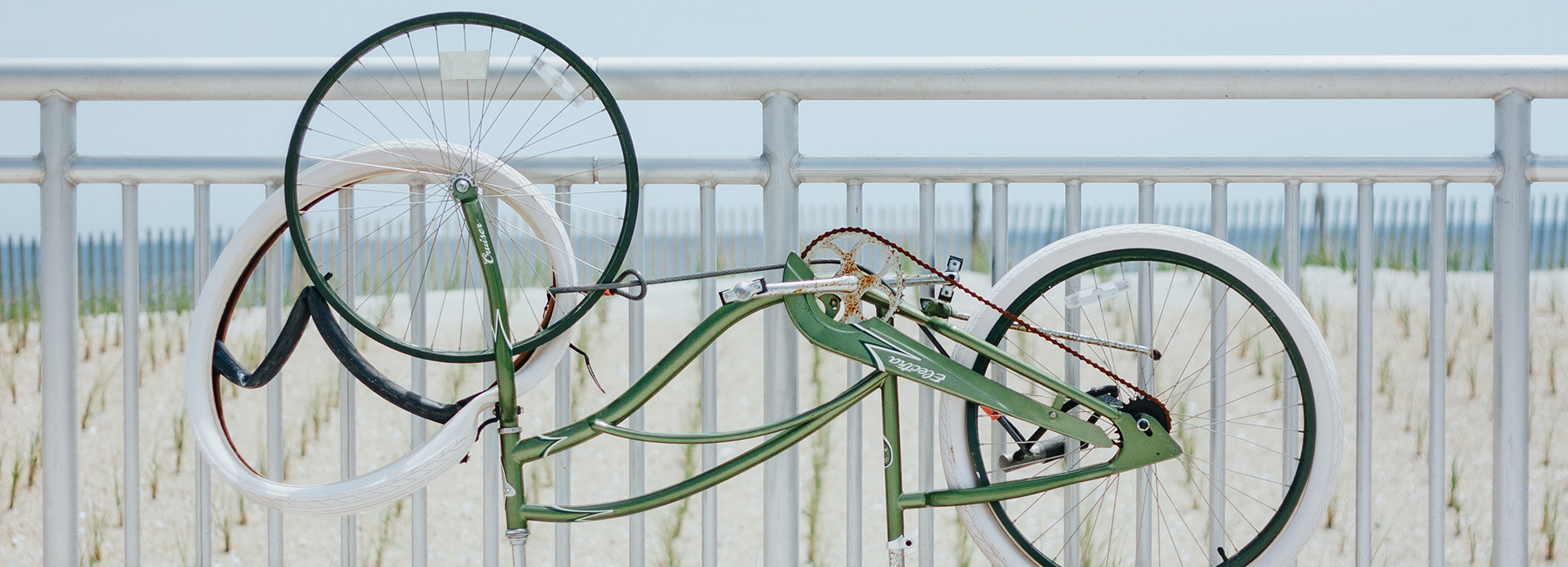Why Have I Stopped Losing Weight?
Tracking your Weight
Why Have I Stopped Losing Weight?

It’s common for weight loss to stall after following a diet and exercise regime for some time. At the beginning of the journey, people are at their most motivated. However, this can wear off, particularly if weight loss stalls.
However, this is normal! Don’t fall back into bad habits or give up on your goals. Let’s look at some of the reasons why you may have stopped losing weight, and what you can do about it.
Most common reasons you’ve stopped losing weight
Picture the scene. You’ve found a diet that suits you, have started exercising to lose weight and you’re feeling motivated to smash your goals.
Then, after a few weeks, the hunger pangs come back with a vengeance, the number on the scale doesn’t seem to change despite your efforts, and you feel your willpower slipping.
Sound familiar? Here’s why that might be.
#1 – Your metabolism is slower
As you lose weight, your body will need less calories. Weight is just one of the many factors that impacts how much energy (calories) your body requires per day.1 The more you weigh, the more energy your body will require. Therefore, this will decrease over time as you lose more and more weight.
As well as fat, you will also lose a small amount of muscle as your weight decreases. Muscle helps increase the rate at which you burn calories.2 The more muscle you have, the higher your metabolism will be. As a result, muscle loss will cause your metabolism to reduce slightly, meaning your body will be burning less calories.
It’s important to know that your body will adjust its metabolic rate accordingly in an effort to stop you losing weight constantly. Essentially, it slows down.
This is all perfectly normal. But, over a period of time as you lose the pounds, your body won’t need as many calories – even if you lost weight on that caloric intake originally.
#2 – Decreased loss of water
For many of us, the start of the weight loss journey is where we drop a lot of weight fast. This is highly motivating and is sometimes more than expected. However, this isn’t often fat loss, rather, it’s due to a loss of water and glycogen storage.3
It’s normal to reduce your intake of refined carbohydrates in order to lose weight. Glycogen is essentially a form of glucose that is synthesised from carbs. When stored, it binds to 3 or 4 grams of water.4 This is commonly referred to as ‘water weight’.
Glycogen is the main reason why people can lose vast amounts of weight in a short period of time, e.g. 10 pounds in a week. It’s also a reason why ‘low carb’ diets are so popular. However, this initial weight loss is a result of burning through glycogen stores – not fat loss itself.
Therefore, this rapid weight loss is temporary and you’ll start to lose weight more slowly after that. This can feel like a plateau. Remember – this happens to everyone.
Glycogen is also the reason why the scale may tell you you’ve gained high amounts of weight after eating a lot of carbs in one go. It’s a weight fluctuation culprit.
#3 – Lack of sleep
Not getting enough sleep is a common reason you may have stopped losing weight. This is for a number of reasons:
- Decreases metabolism
- Disrupts circadian rhythm – leading to weight gain
- Causes overeating (choosing high sugar, fatty options in particular for quick energy bursts)
- May cause insulin resistance
- Commonly leads to metabolic dysregulation
- Makes you less likely to do exercise5
#4 – Overeating
It’s easy to eat more than you realise, especially when eyeballing serving sizes. Even if eating mostly healthy foods, you might be consuming more than your body needs to lose weight. Healthier fats such as olive oil, avocados etc. are common culprits for causing you to eat more calories than intended.
Plus, after a few weeks, it’s common to feel hungrier than you did at the start, making you more likely to snack or give in to cravings.

#5 – Stress
Stress can lead to water retention, which could be a reason why the number on the scale won’t seem to budge. It can also demotivate you, making you less likely to exercise or eat more healthily.
Increased levels of the stress hormone cortisol has also been linked to overeating. High levels lead to higher insulin levels, meaning your blood sugar drops and you crave fatty, sugary fixes.6
#6 – Doing the same thing isn’t working
Getting stuck in a rut and not continuing to push yourself is a classic cause of a weight loss plateau.7 Doing the same thing, in the same way will mean your body gets used to it. For example, a particular exercise might become easy. While this is a good indicator that you’re hitting your goals and becoming fitter, it could explain why your weight loss has stalled.
#7 – Your diet is restrictive
Hunger pangs and cravings taking over? Finding it more difficult to stay on your diet? It’s likely you’re eating too little, or being overly restrictive.
Completely cutting out major food groups or banning specific foods will only cause you to crave them more. Being on a diet doesn’t mean you need to feel hungry, or eat boring food.

#8 – Eating nutrient deficient food
Low volume, high calorie foods may sabotage your weight loss efforts. This could be chocolate, for example. While you don’t have to cut it out completely, you do have to cut back and ensure you’re making healthier swaps.
Eating too much sugar has been linked to people having too many calories, leading to weight gain.8 It’s also been linked to a number of other diseases, such as type 2 diabetes and certain cancers.
#9 – Weekend sabotaging
A common problem many dieters face is that they are strict with their regime during the week, but then it all falls apart on the weekend. Alcohol, sugary snacks, white bread… While it’s normal to relax slightly on the weekend, if you’re overeating regularly, your body may not be in a calorie deficit, therefore you won’t lose weight.
What to do if you’ve stopped losing weight
It’s not all bad news. If your weight loss has stalled, this is very common – and there are ways to get out of it.
- Exercise more frequently. Don’t do the same workout every time
- Measure your food and count calories
- Slightly reduce caloric intake
- Increase NEAT: Non-exercise activity thermogenesis (e.g. step count)9
- Ensure your diet is varied, don’t always eat the same thing
- Meal prep in advance to reduce snacking
- Take up strength training to build muscle
- Cut back on alcohol
- Cut back on refined carbs
- Don’t ban your favourite treats! Follow the 80/20 rule (80% healthy food, 20% less healthy)
- Cut down your portion sizes
- Aim for 7-8 hours of sleep a night
Be patient
It’s important to be aware that this is temporary. A weight loss journey isn’t a constant, consistent decrease but a road full of bumps and ups and downs. You might be following a good diet, exercising regularly and snacking less, but your weight loss may temporarily stall. It doesn’t mean you’re doing something wrong.
As frustrating as it might be, what matters is that you don’t let it ruin all your hard work so far. Stick with it, ride it out and keep going.